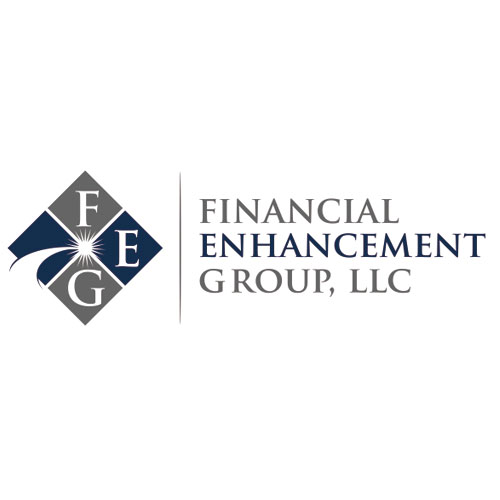[vc_row][vc_column width=”1/4″ offset=”vc_hidden-xs”][vc_widget_sidebar sidebar_id=”sidebar-main”][/vc_column][vc_column width=”3/4″][vc_column_text]
Odds are you have at least one of these tools in a kitchen drawer. We sure do at our house and on numerous occasions one of our family members has attempted to use a screw driver as a hammer or pliers as a screwdriver. Generally, the results are not optimal and using the wrong tool occasionally leads to a bruised or cut finger.
Unintended consequences can occur when we use tools for jobs they weren’t intended to perform. We need to consider whether we’re using the right tool for a job – and such consideration extends to our investment toolbox.
Asset classes function as the tools in investors’ toolboxes. According to Investopedia, the Asset Class is “a group of securities exhibit similar characteristics, behave similarly in the marketplace, and are subject to the same laws and regulations.” The three main asset classes are equities (stocks), fixed-income (bonds) and cash (money market instruments). Working with investors, we have interesting conversations regarding stocks and bonds, but cash seems taboo to many investors.
“You get paid to manage our investments, not to hold cash.” We’ve heard that statement on numerous occasions over the last 20-plus years. What is hard for all of us to remember is that we must manage for all possible economic outcomes. Like everyone, we hope for the best but we must also manage for the worst. As professional money managers, it is our belief that investors should always have each tool in their toolbox. Sometimes investors need more equites, sometimes more bonds and occasionally more cash.
Several parts of the marketplace seem to be detached from long-term reality at the present. Many folks would argue that interest rates being this low are disconnected, but there is a strong likelihood we are in for low rates longer than most people care to acknowledge. On the other hand, we expect to see energy stocks, high yield bonds and emerging markets trading at levels that will offer opportunity at some point.
When it comes to getting the job done, we often don’t want a hammer, but rather a nail in the wall. We only look to the hammer because it is the best tool to perform the job. When markets begin to gather their senses or at the very least begin to trade with a dose of reason, opportunities in the fore-mentioned areas are likely to arise. To accomplish your investment job, you must first determine when the time is right (investor discipline and know how) and secondly, you need the right tools. You must be prepared to trade cash for stocks or bonds based on the opportunity being presented.
This doesn’t mean to liquidate your portfolio and wait for the sky to fall. That would be simply using a single tool. Simply put, investors should diversify their tools and include cash as an asset class. Opportunity comes from being prepared and that means you need the right tools for the job.
Disclaimer: Do not construe anything written in this post or this blog in its entirety as a recommendation, research, or an offer to buy or sell any securities. Everything in this post is meant for educational and entertainment purposes only. I or my affiliates may hold positions in securities mentioned in the blog. Please see my Disclosure page for full disclaimer.[/vc_column_text][/vc_column][/vc_row][vc_row][vc_column offset=”vc_hidden-lg vc_hidden-md vc_hidden-sm”][vc_widget_sidebar sidebar_id=”sidebar-main”][/vc_column][/vc_row]



